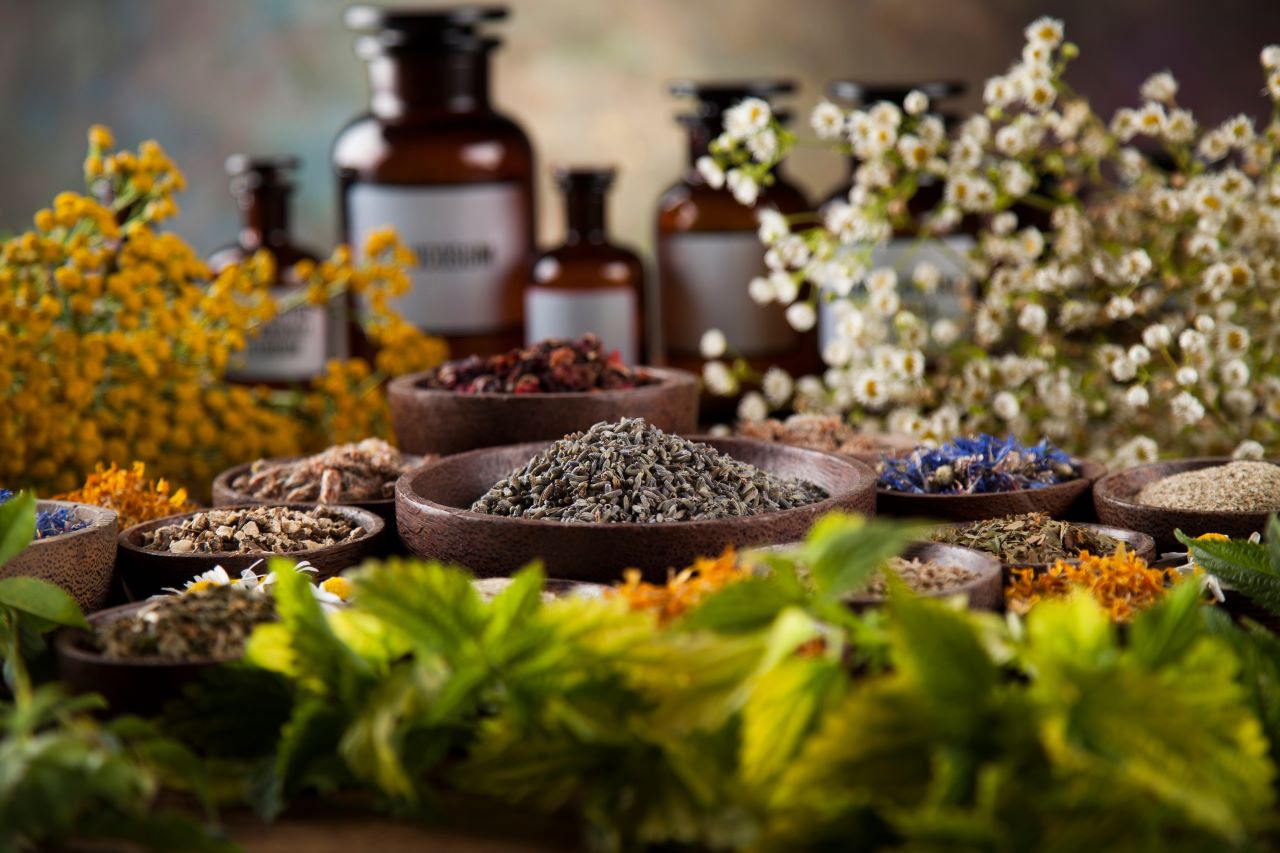A Guide to Better Choices
Firstly, not all herbal products are created equal, and it can be challenging to determine which are quality herbal remedies.
Secondly, keep in mind, price is not a reliable measure!
Are they genuinely beneficial?

Let’s look at how you can make informed purchasing decisions, so you can be more confident in selecting high-quality, effective herbal remedies.
Understanding Quality Herbal Remedies
Herbal remedies are derived from plants and are used to treat various health conditions or maintain overall wellness. These can come in various forms, including teas, capsules, tinctures, extracts, and powders.
The quality and efficacy of these remedies can vary significantly based on factors, such as practices in:
- sourcing
- processing
- manufacturing
Key Guidelines for Gauging Quality Herbal Remedies
Research the Brand and Manufacturer
- Reputation: Choose brands with a good reputation in the industry. Look for companies that have been in business for several years and have positive reviews from consumers.
- Transparency: Reputable companies are transparent about their sourcing, manufacturing processes, and quality control measures. They should provide detailed information on their websites or product labels.
- Certifications: Look for certifications from reputable third-party organizations. These can include Good Manufacturing Practices (GMP), USDA Organic, Non-GMO Project Verified, and NSF International.
Read the Labels Carefully
- Ingredient List: Check the ingredient list for any fillers, binders, or artificial additives. The fewer the additives, the better.
- Dosage Information: Ensure the label provides clear dosage information and instructions for use.
- Scientific Names: High-quality products will list the scientific names of the herbs in addition to their common names. This helps to ensure you are getting the correct herb.
- Standardization: Some herbal supplements are standardized to contain specific amounts of active ingredients. This information should be listed on the label, indicating a consistent and reliable product.
Check for Purity and Potency
- Purity: The product should be free from contaminants such as heavy metals, pesticides, and microbial impurities. Third-party lab testing results should be available to confirm this.
- Potency: Ensure that the product contains the appropriate levels of active ingredients. Some companies provide Certificates of Analysis (COAs) that verify the potency of their products.
Understand Sourcing and Sustainability
- Sourcing: High-quality herbs are often sourced from regions where they are traditionally grown and harvested. This ensures they are grown in optimal conditions and are of the highest quality.
- Sustainability: Consider the environmental impact of the herbal remedies you choose. Look for companies that practice sustainable sourcing and farming methods.
Consider the Form of the Remedy
- Bioavailability: Some forms of herbal remedies are more bioavailable (better absorbed by the body) than others. For example, liquid extracts and tinctures are often more easily absorbed than capsules or tablets.
- Convenience and Preference: Choose a form that fits your lifestyle and preferences. Some people prefer the convenience of capsules, while others might favor the ritual of brewing a herbal tea.
Seek Professional Advice
- Healthcare Providers: Consult with a healthcare provider or a qualified herbalist before starting any new herbal remedy, especially if you have underlying health conditions or are taking other medications.
- Professional Endorsements: Some products are endorsed by healthcare professionals or organizations, which can be a good indicator of quality.
Tips for Making Informed Purchases
- Start with Single-Herb Supplements: If you are new to herbal remedies, start with single-herb supplements rather than complex blends. This makes it easier to monitor your body’s response and identify any potential side effects.
- Stay Informed About Herbal Research: Keep up to date with the latest research on herbal remedies. New studies can provide valuable insights into their efficacy and safety.
- Be Wary of Overblown Claims: Be skeptical of products that make exaggerated claims, such as curing serious diseases or producing immediate results. These are often signs of low-quality or fraudulent products.
- Price vs. Quality: Higher price does not always equate to higher quality, but extremely low prices can be a red flag for inferior products. Look for a balance between affordability and quality.
- Customer Reviews and Testimonials: While reviews can be helpful, they should not be the sole basis for your decision. Look for reviews that are detailed and specific, and be cautious of those that seem overly positive or negative.
Conclusion
Choosing high-quality herbal remedies requires diligence and attention to detail. You can make informed decisions that support your health and well-being…
- research brands
- read labels carefully
- check for purity and potency
- understand sourcing and sustainability
- consider the form of the remedy
- seek professional advice
Remember, the key to benefiting from herbal remedies is not just in choosing the right product but also in using it correctly and consistently.
By empowering yourself with knowledge and staying informed, you can confidently navigate the vast array of herbal remedies available and select those that truly enhance your health and healing journey.
Check out this post: Before Buying Herbs: What You Need to Know
Further Reading
In addition, for those interested in diving deeper into the world of herbal remedies, consider exploring these books on herbal medicine and natural health.
